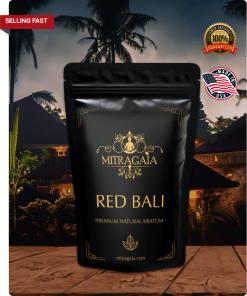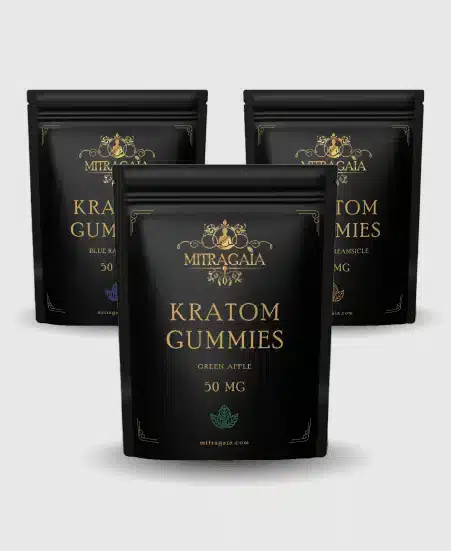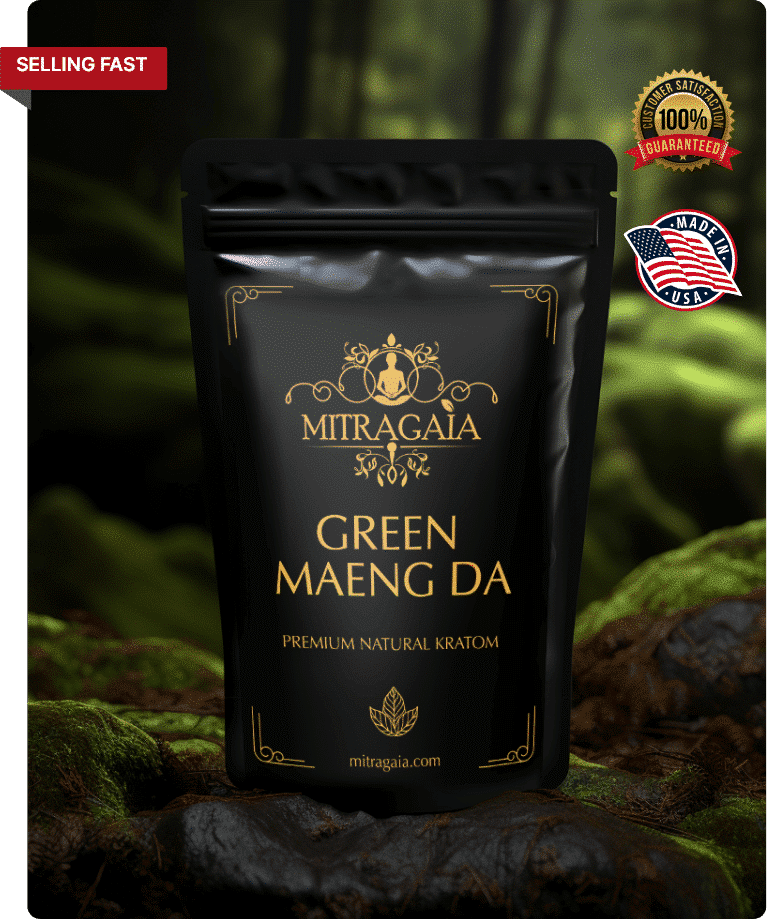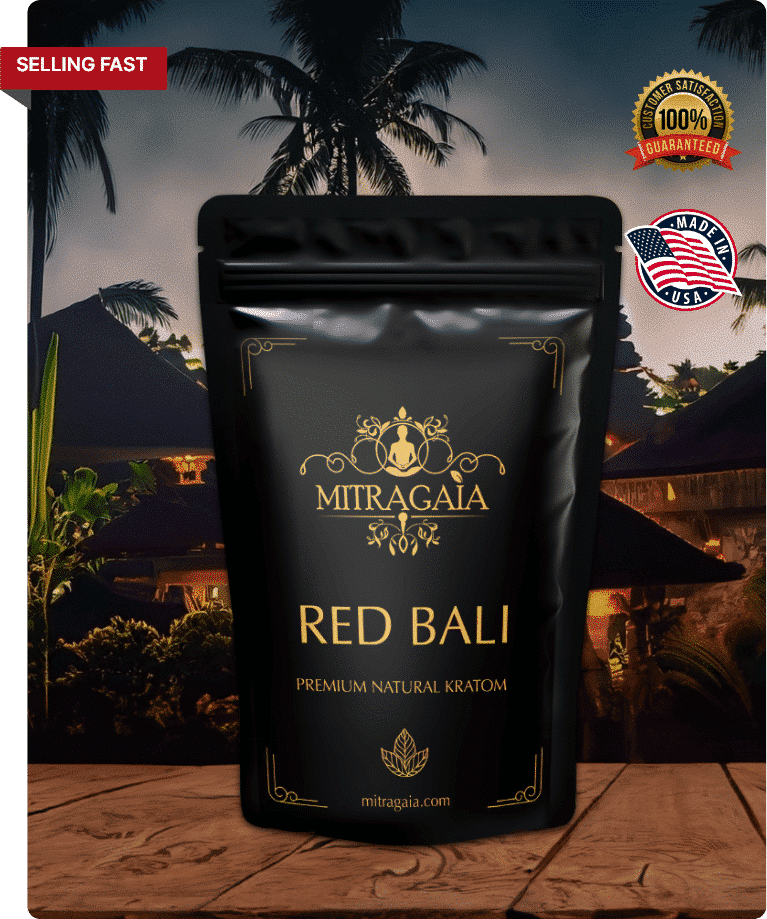What Is the Kratom Consumer Protection Act and Why Is It Important?
Kratom, a natural herb derived from the leaves of the Mitragyna speciosa tree native to Southeast Asia, has seen a surge in popularity across the United States. People turn to kratom for various reasons, including enhancing energy, boosting mood, and promoting relaxation. However, as its use has expanded, so have concerns about its safety, regulation, and potential misuse. This is where the Kratom Consumer Protection Act (KCPA) steps in.
In this blog post, we will dive into the Kratom Consumer Protection Act, explore why it matters, and explain how it aims to protect consumers while ensuring the responsible sale of kratom products.
What Is Kratom?
Before delving into the KCPA, it’s essential to understand what kratom is and why it has garnered so much attention.
Kratom (Mitragyna speciosa) is a tropical tree native to countries like Thailand, Indonesia, and Malaysia. The leaves of the kratom tree contain alkaloids that interact with the body to provide stimulating or calming effects, depending on the dosage. In Southeast Asia, kratom has been used for centuries, traditionally consumed by chewing the leaves or brewing them into tea to enhance energy levels and maintain well-being.
Today, kratom is available in various forms, including powders, capsules, and extracts. People in the West use it for a range of reasons, such as:
- Promoting relaxation
- Enhancing mood
- Boosting energy and focus
Despite its widespread use, kratom remains controversial due to concerns about safety, potential misuse, and the lack of federal oversight, which leads us to the Kratom Consumer Protection Act.
The Origins of the Kratom Consumer Protection Act (KCPA)
The Kratom Consumer Protection Act was created to address growing concerns about the safety and regulation of kratom products in the United States. Since the Food and Drug Administration (FDA) does not regulate kratom, the industry operates in a legal gray area, leading to several safety concerns:
- Contaminated Products: Some kratom products have been found to contain harmful contaminants like heavy metals, bacteria, or even synthetic substances.
- Inconsistent Labeling: Kratom packaging often lacks proper ingredient lists, dosage recommendations, and safety warnings, leaving consumers unaware of what they are consuming.
- Age Restrictions: In some states, minors have been able to purchase kratom products due to the absence of clear legal guidelines.
To address these issues, the KCPA was introduced at the state level to ensure the responsible sale and safe consumption of kratom. The act sets out specific guidelines for vendors and manufacturers, enhancing product transparency and consumer protection.
Key Provisions of the Kratom Consumer Protection Act
The Kratom Consumer Protection Act aims to regulate the kratom industry while ensuring consumer safety. Though specific regulations may differ by state, some common provisions include:
1. Age Restrictions
Most versions of the KCPA prohibit the sale of kratom to individuals under the age of 18 or 21, depending on the state, ensuring that minors cannot access the product.
2. Labeling Requirements
Vendors must provide clear and accurate labels on kratom products. These labels should detail the ingredients, potential risks, and proper usage instructions, ensuring consumers are fully informed before making a purchase.
3. Prohibition of Adulterated or Contaminated Products
The KCPA bans the sale of kratom products that contain harmful substances, such as synthetic additives, contaminants, or unsafe adulterants. This provision ensures that consumers are not exposed to dangerous compounds, promoting a safer marketplace.
4. Testing Requirements
To ensure product purity and safety, kratom products must undergo third-party testing for contaminants such as heavy metals, salmonella, and pesticides. This requirement is crucial in maintaining product quality and consumer trust.
5. Fines and Penalties
Non-compliance with the KCPA results in fines, license revocation, or other penalties for vendors and manufacturers. These consequences help enforce adherence to the law and ensure that only safe, accurately labeled kratom products are available to consumers.
Why Is the KCPA Important?
The Kratom Consumer Protection Act plays a vital role in promoting consumer safety and industry accountability. Below are some key reasons why the KCPA is essential:
1. Consumer Safety
Without regulation, consumers are vulnerable to unsafe or mislabeled kratom products. Some kratom products have been found to contain harmful contaminants or synthetic substances, leading to potentially serious health risks. The KCPA introduces standards around product purity, labeling, and dosage, ensuring that consumers are protected from dangerous products.
2. Industry Accountability
In an unregulated market, some vendors have sold adulterated or mislabeled kratom products with little consequence. The KCPA holds vendors and manufacturers accountable by requiring third-party testing and accurate labeling, fostering transparency and safety within the kratom industry.
3. Preventing a Federal Ban
Concerns about the potential risks of kratom have led to multiple attempts to ban it at the federal level. By enacting state-level regulations through the KCPA, the kratom industry demonstrates that it can be safely and responsibly regulated. This could help prevent a full federal ban and preserve consumer access to kratom as a natural alternative.
4. Protecting Kratom’s Benefits
Kratom serves as a natural option for many people looking to improve their well-being, enhance energy, and boost mood. The KCPA helps safeguard kratom’s availability by establishing responsible guidelines for its sale and use, ensuring that consumers can continue to access its benefits while minimizing the risks associated with unregulated products.
States That Have Adopted the KCPA
Several states have already passed the Kratom Consumer Protection Act or similar legislation, leading the way in responsible kratom regulation. These states include:
- Utah
- Arizona
- Georgia
- Nevada
These states have proactively addressed concerns regarding kratom’s safety and product purity by regulating the market. As awareness around the need for regulation grows, more states are considering adopting the KCPA or similar laws.
Conclusion
The Kratom Consumer Protection Act is a significant step forward in ensuring the safe and responsible sale of kratom products. By implementing important safeguards such as age restrictions, labeling requirements, and product testing, the KCPA addresses many of the concerns surrounding kratom’s safety and transparency. This legislation not only protects consumers from harmful products but also helps preserve access to kratom as a natural wellness option.
As more states continue to adopt the KCPA, consumers can expect a safer and more transparent kratom market, giving them peace of mind as they benefit from the potential of this powerful plant. By ensuring responsible regulation, the KCPA fosters an environment where kratom can be safely enjoyed by individuals seeking natural alternatives to support their well-being.







